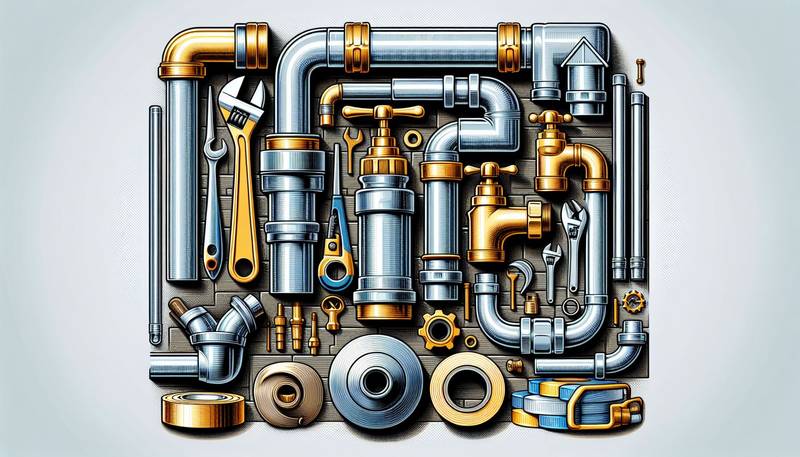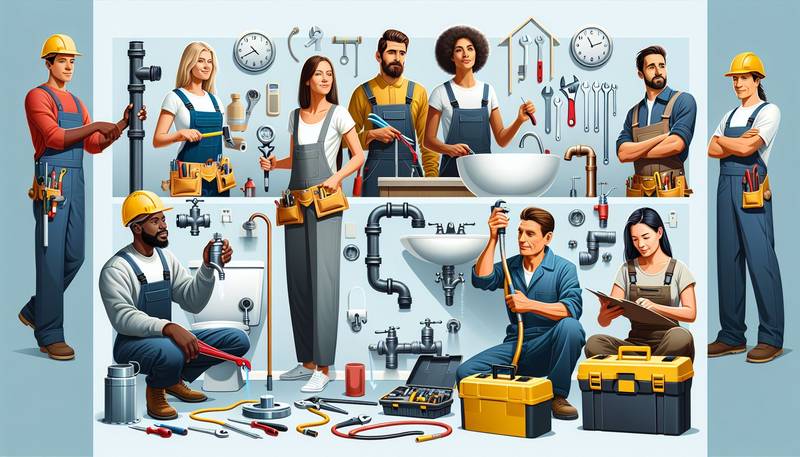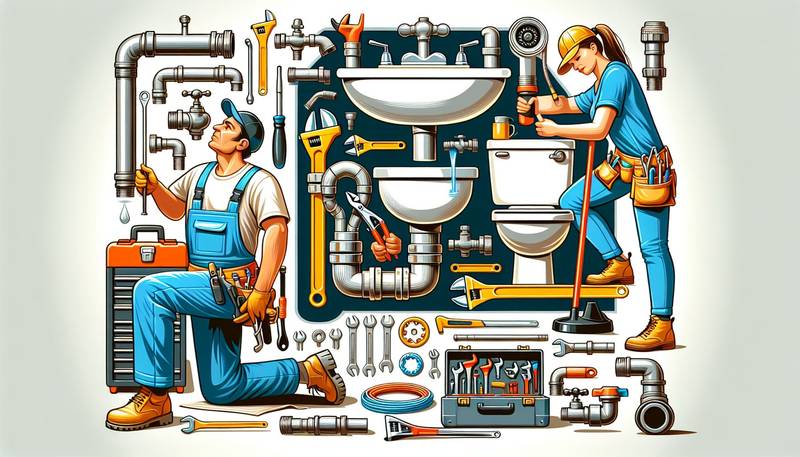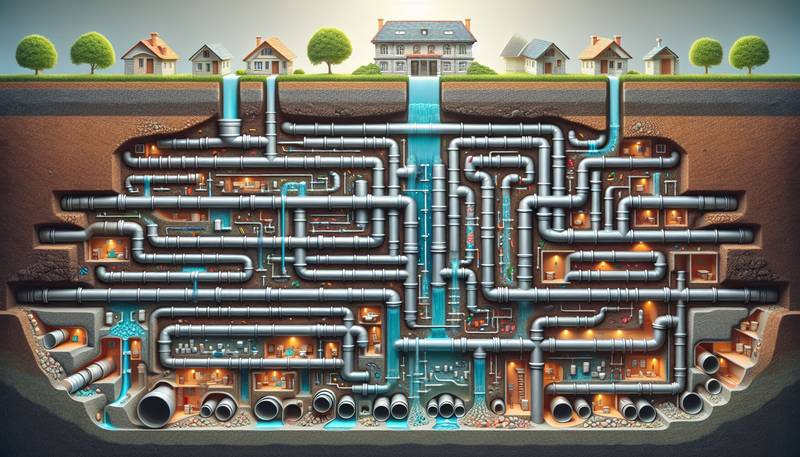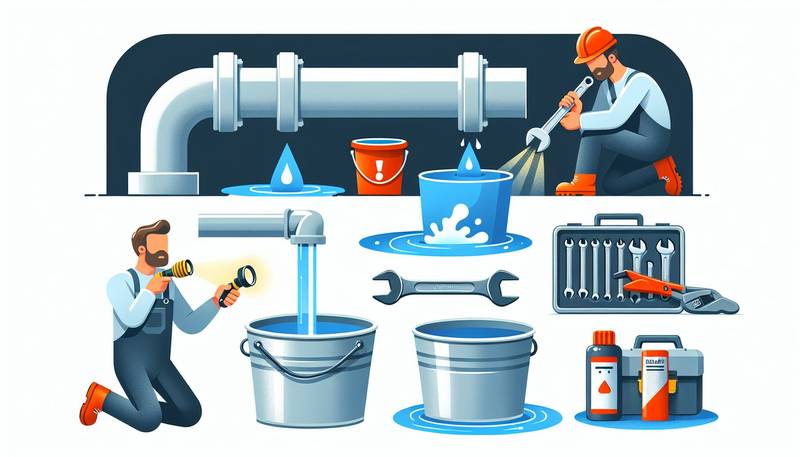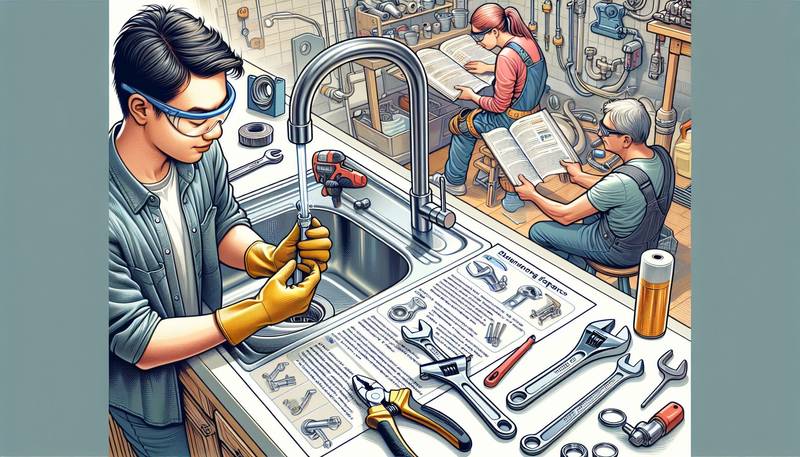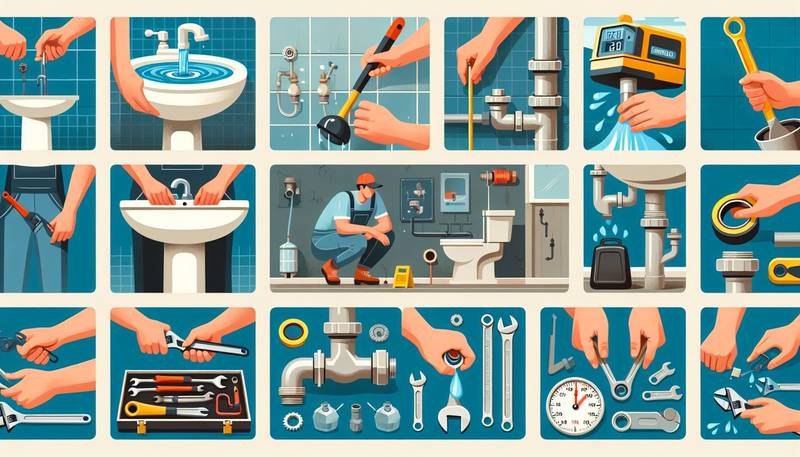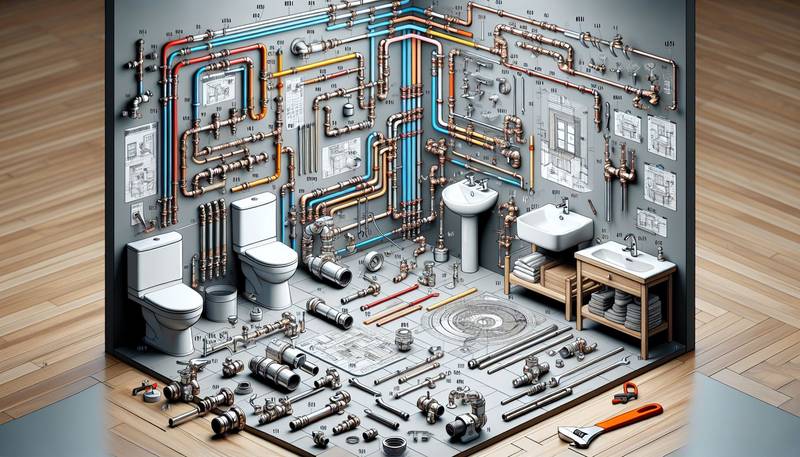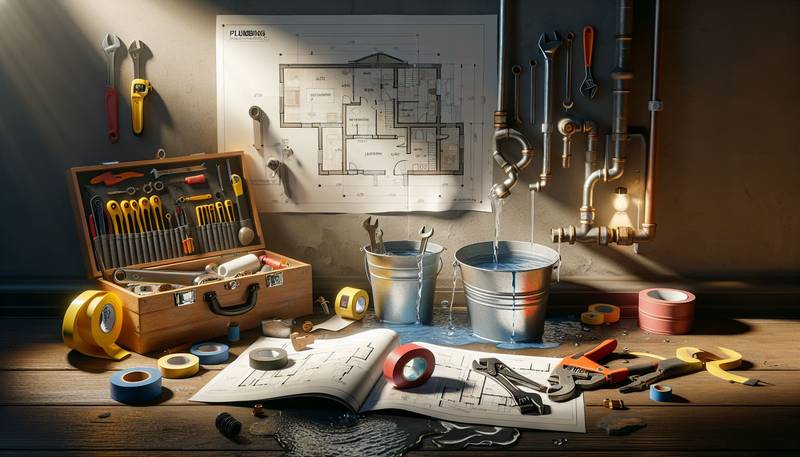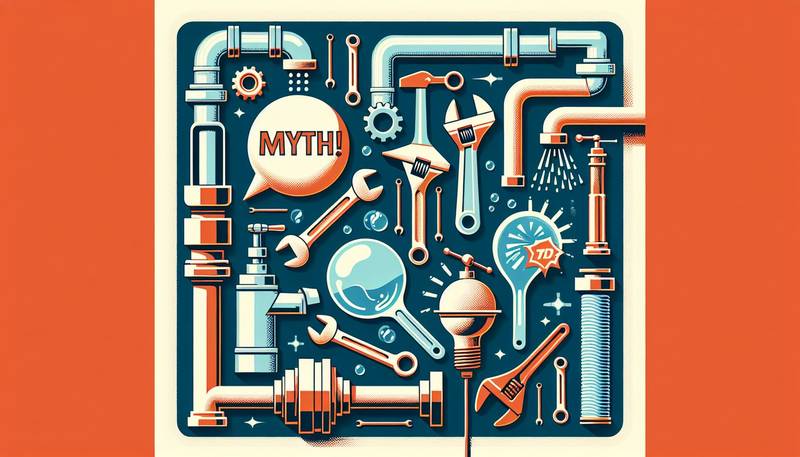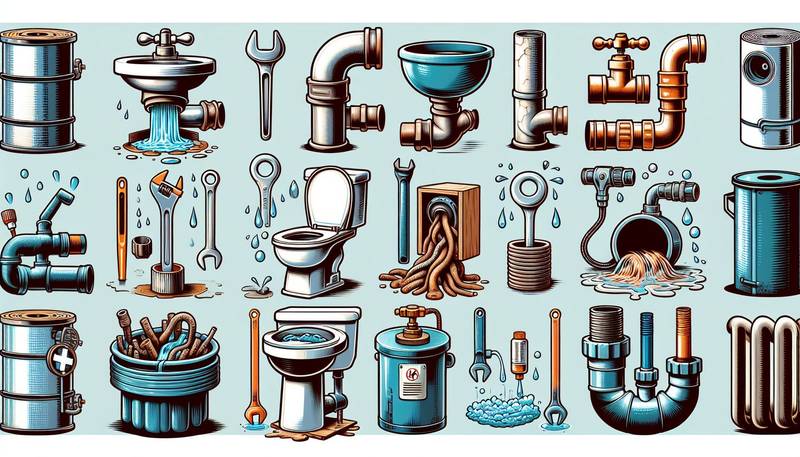The Importance of Regular Maintenance in Plumbing Systems
However, like any other system, plumbing systems require regular maintenance to ensure they function properly and to prevent costly repairs in the future.
Benefits of Regular Maintenance
Regular maintenance of plumbing systems offers a wide range of benefits. Firstly, it helps to identify and address potential issues before they escalate into major problems. By detecting and fixing leaks, clogs, or other issues early on, you can prevent water damage, mold growth, and structural damage to your property.
Furthermore, regular maintenance can help extend the lifespan of your plumbing system. By keeping all components clean and in good working condition, you can prevent premature wear and tear, which can lead to the need for costly replacements. In the long run, investing in regular maintenance can save you money by avoiding expensive repairs or replacements.
Importance of Inspections
One of the key aspects of regular maintenance in plumbing systems is conducting inspections. Inspections can help identify any potential issues, such as leaks, corrosion, or blockages, before they cause significant damage. Inspecting pipes, fixtures, and appliances on a regular basis can also help ensure that everything is in proper working order.
During an inspection, a professional plumber will check for signs of leaks, corrosion, or damage to pipes, as well as test the water pressure and check for proper drainage. They will also inspect fixtures, such as faucets and toilets, to ensure they are functioning correctly. Additionally, they may check water heaters, garbage disposals, and other appliances to ensure they are in good working condition.
Preventive Measures
In addition to conducting regular inspections, there are a number of preventive measures you can take to maintain your plumbing system. One of the most important preventive measures is to avoid putting items down the drain that can cause clogs, such as grease, hair, or food scraps. By being mindful of what goes down your drains, you can help prevent blockages and keep your plumbing system running smoothly.
Another preventive measure is to monitor your water usage and be on the lookout for signs of leaks, such as damp spots on walls or ceilings, musty odors, or a sudden increase in your water bill. By addressing leaks promptly, you can prevent water damage and mold growth, as well as conserve water and save money on your utility bills.
Hiring a Professional Plumber
While there are some maintenance tasks you can perform yourself, such as checking for leaks or cleaning fixtures, it is important to hire a professional plumber for more complex maintenance tasks. A trained plumber will have the knowledge, skills, and tools necessary to properly inspect and maintain your plumbing system.
Professional plumbers can also offer advice on how to improve the efficiency and longevity of your plumbing system, as well as recommend any necessary repairs or upgrades. By hiring a professional plumber for regular maintenance, you can ensure that your plumbing system remains in good working condition and avoid costly repairs in the future.
Conclusion
In conclusion, regular maintenance is essential for keeping your plumbing system in good working order and preventing costly repairs. By conducting regular inspections, taking preventive measures, and hiring a professional plumber, you can ensure that your plumbing system functions properly and efficiently. Investing in regular maintenance can save you money in the long run and help extend the lifespan of your plumbing system. Remember, a little maintenance now can prevent a lot of trouble later on.
